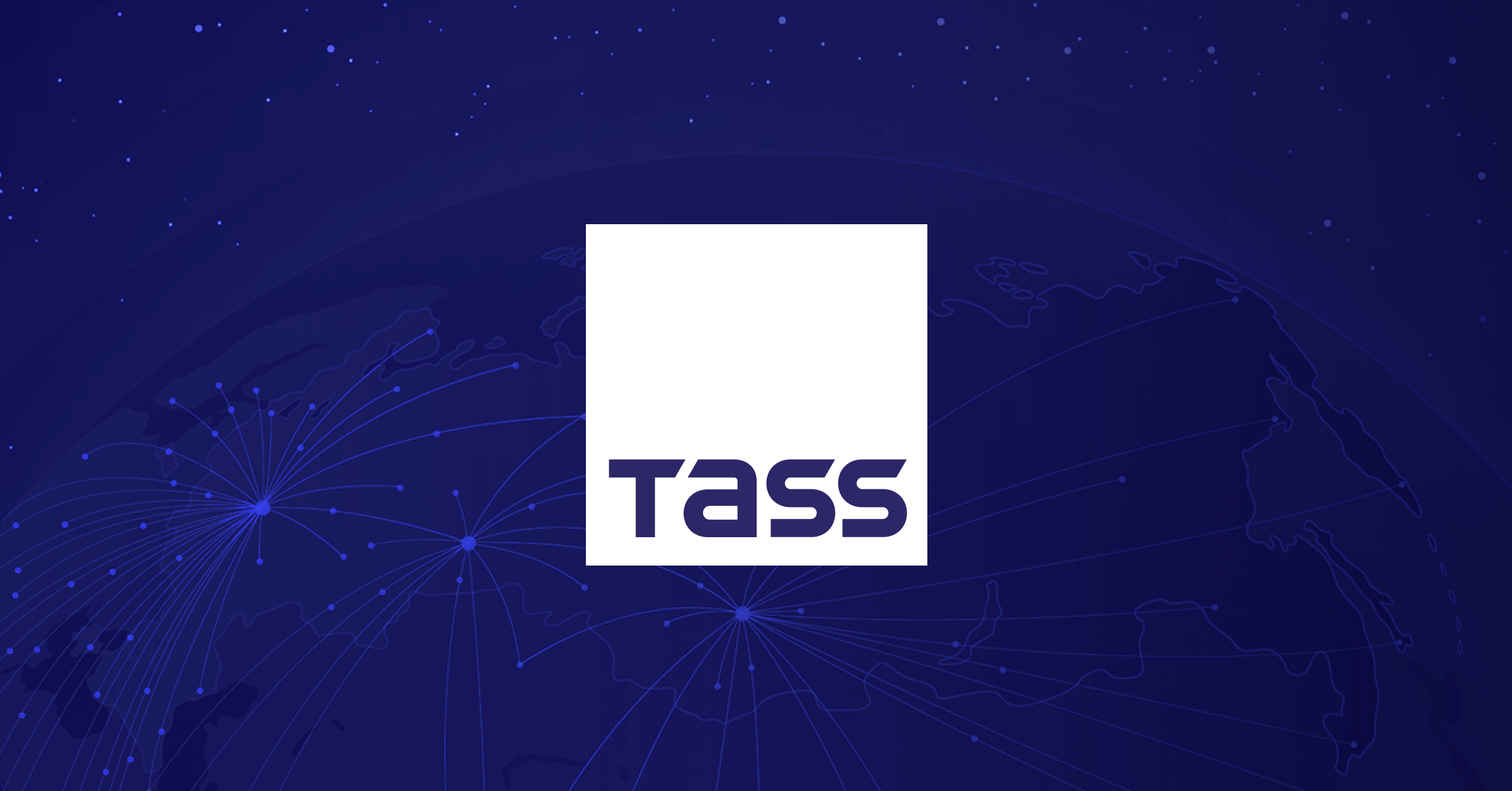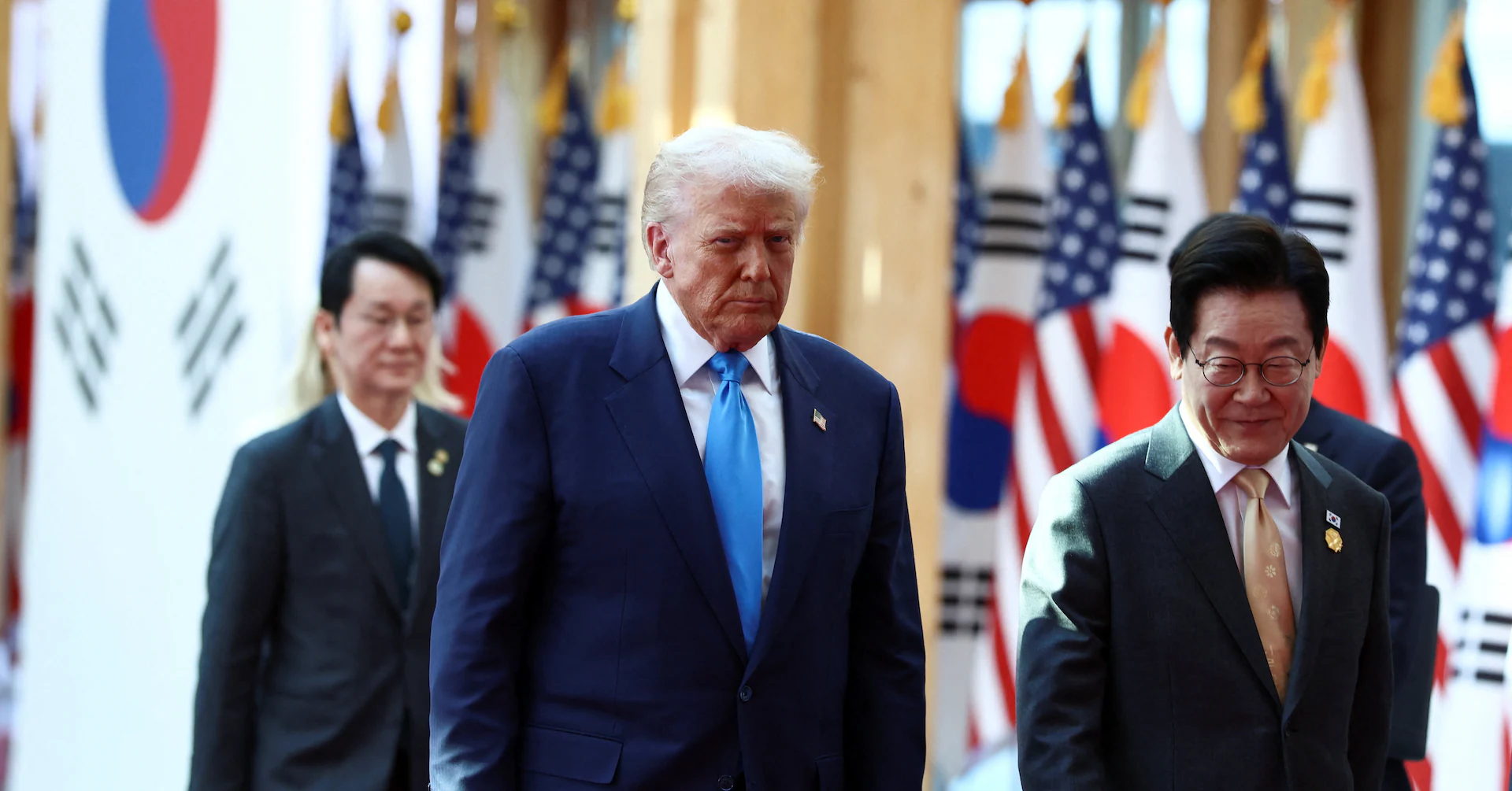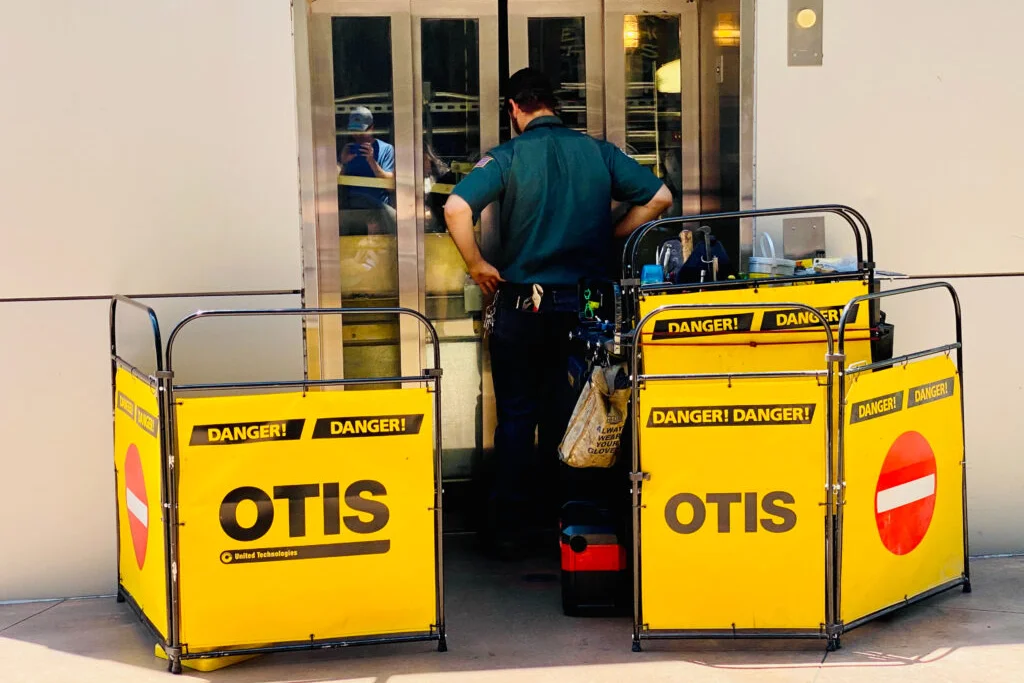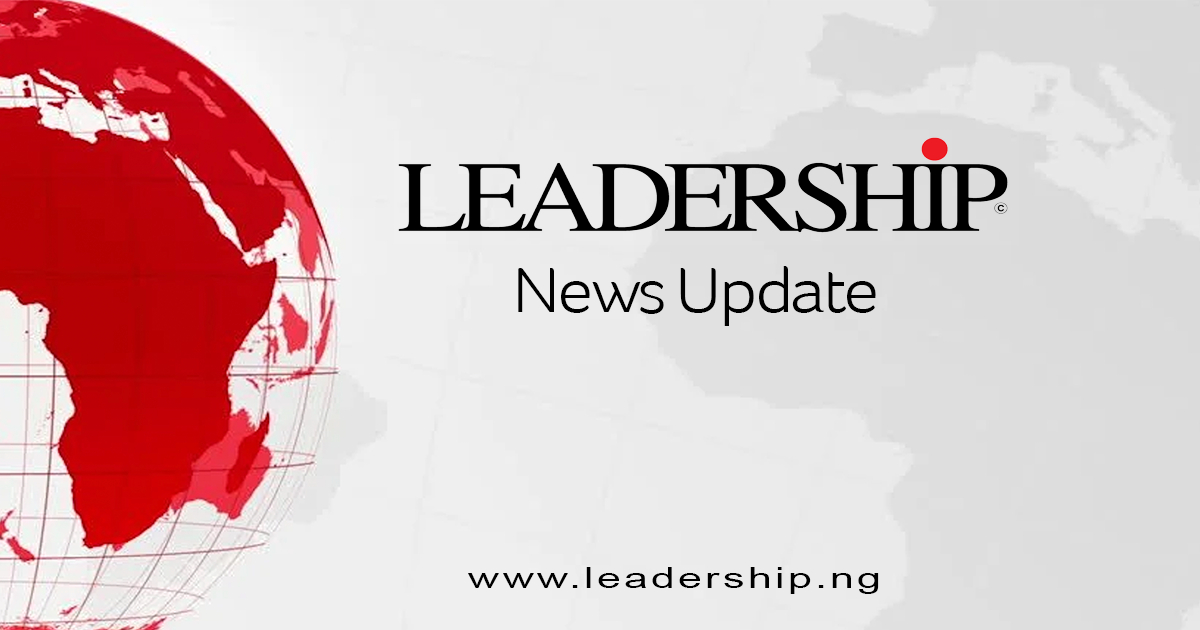Copyright tass

MOSCOW, October 28. /TASS/. Chairman of the State Duma Committee on Property, Land, and Real Estate Relations Sergey Gavrilov has proposed considering the transfer of part of Russia’s gold and foreign currency reserves to the National Wealth Fund to finance high-tech projects, he told TASS following discussions by the State Duma’s relevant committees on the draft Main Directions of Unified State Monetary Policy, presented by Bank of Russia Governor Elvira Nabiullina. "The document contains the necessary guidelines, but it requires more detailed and business-friendly elaboration. Today, the high-interest-rate policy significantly pressures the economy: it slows not only consumer demand but also production. When a company takes a loan at a high interest rate, its production costs increase, which in turn raises the final price of goods. This triggers a chain of additional expenses and fuels inflation. When money in the economy becomes too expensive, production slows, companies delay investments, and the market loses momentum," Gavrilov explained. He stressed that the Bank of Russia’s strategy should include instruments that allow for consideration of the impact of interest rate decisions on the real sector. "Otherwise, the interest rate becomes a formal figure, disconnected from the actual realities of industry and business," he added. A separate issue concerns Russia’s gold and foreign currency reserves. Their current volume exceeds internationally recognized adequacy standards, providing scope for more active measures without risking financial stability, Gavrilov noted. "We propose considering the transfer of part of the reserves to the National Wealth Fund to finance long-term technological projects in electronics, machine tool construction, biotechnology, and space on a repayable basis at a low interest rate - around 2% per annum. Such investments do not stoke inflation, as they are directed not toward consumption but toward expanding production and supply of goods, creating jobs and strengthening industry," he explained. Gavrilov added that, in global practice, such mechanisms are considered instruments of "long-term money," enhancing the economy’s resilience to external shocks and accelerating the development of the domestic market. "It is crucial that the use of reserves be transparent, aligned with international adequacy criteria, and that decisions be made openly and based on precise economic calculations to maintain a balance between financial system reliability and growth needs," he emphasized.



